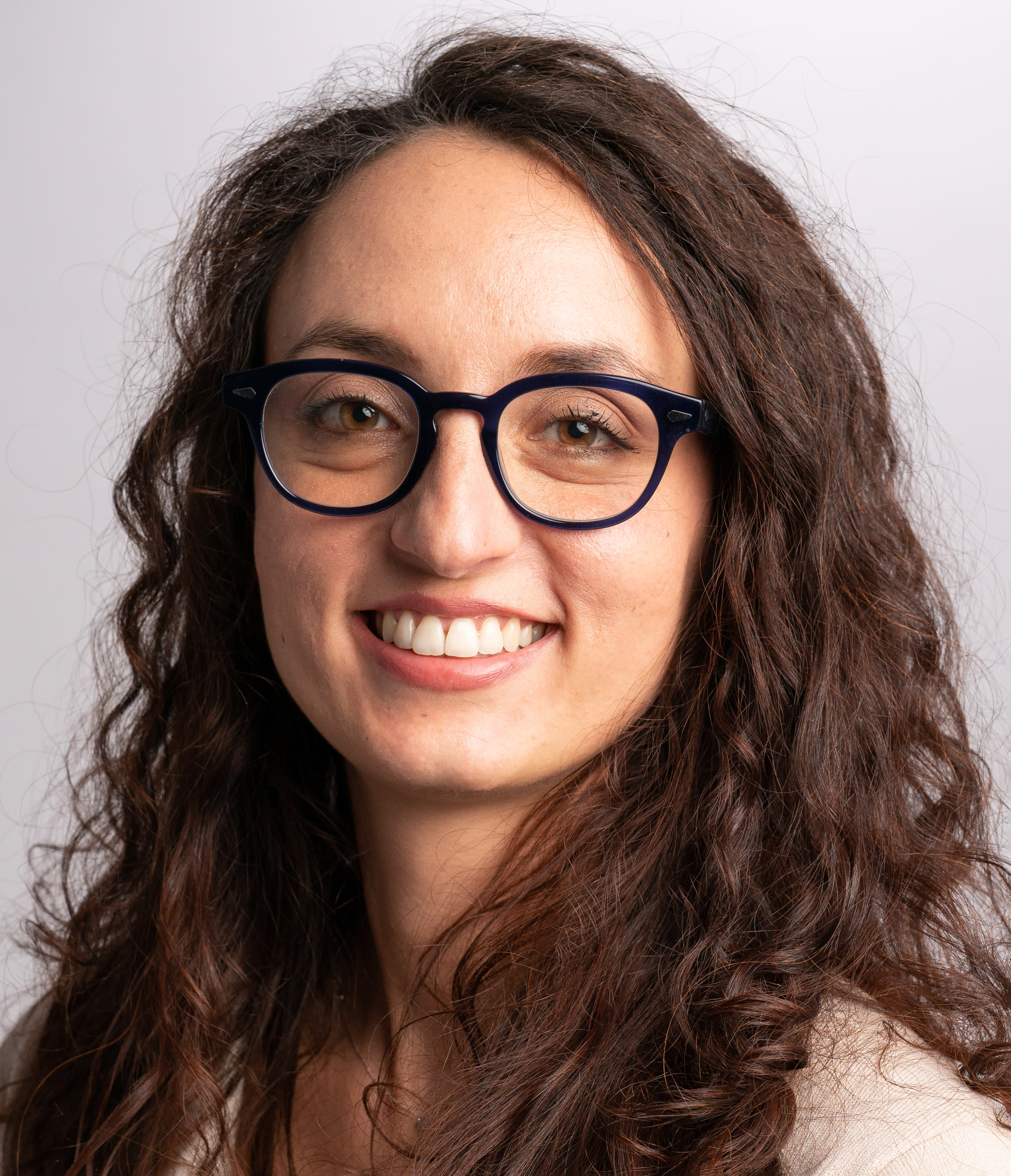The Bank of Latvia, Finance Latvia and commercial banks have agreed to continue implementing measures to ensure the availability of cash in 2024. These measures are included in the co-operation memorandum signed in the autumn of 2021, which was renewed at the end of November.
The signatories agreed on a number of measures including a stipulation that every municipal centre has at least one ATM and ensuring adequate actual accessibility of ATMs to consumers at least 12 hours a day.
There were 902 ATMs in Latvia in 2021. Over two years, their number has decreased by 1.7% to 887 in mid-November 2023.
Financial institutions are working on consolidating the role of cash and the requirements for access to it in the country with a law that would take effect as of January 2025.
While the Covid-19 pandemic accelerated the cash decline by three to five years worldwide, cash is unlikely to disappear soon.
As a store of value, cash usage as a percentage of gross domestic product continues to increase in developed economies. One-third of US citizens and Europeans still rank cash as their favourite payment method, according to a Deutsche Bank note.
Cash usage seems to increase in moments of crisis. After the collapse of Lehman Brothers in 2008, the use of banknotes across the eurozone soared and cash usage continued to rise across major economies when Covid-19 struck.












